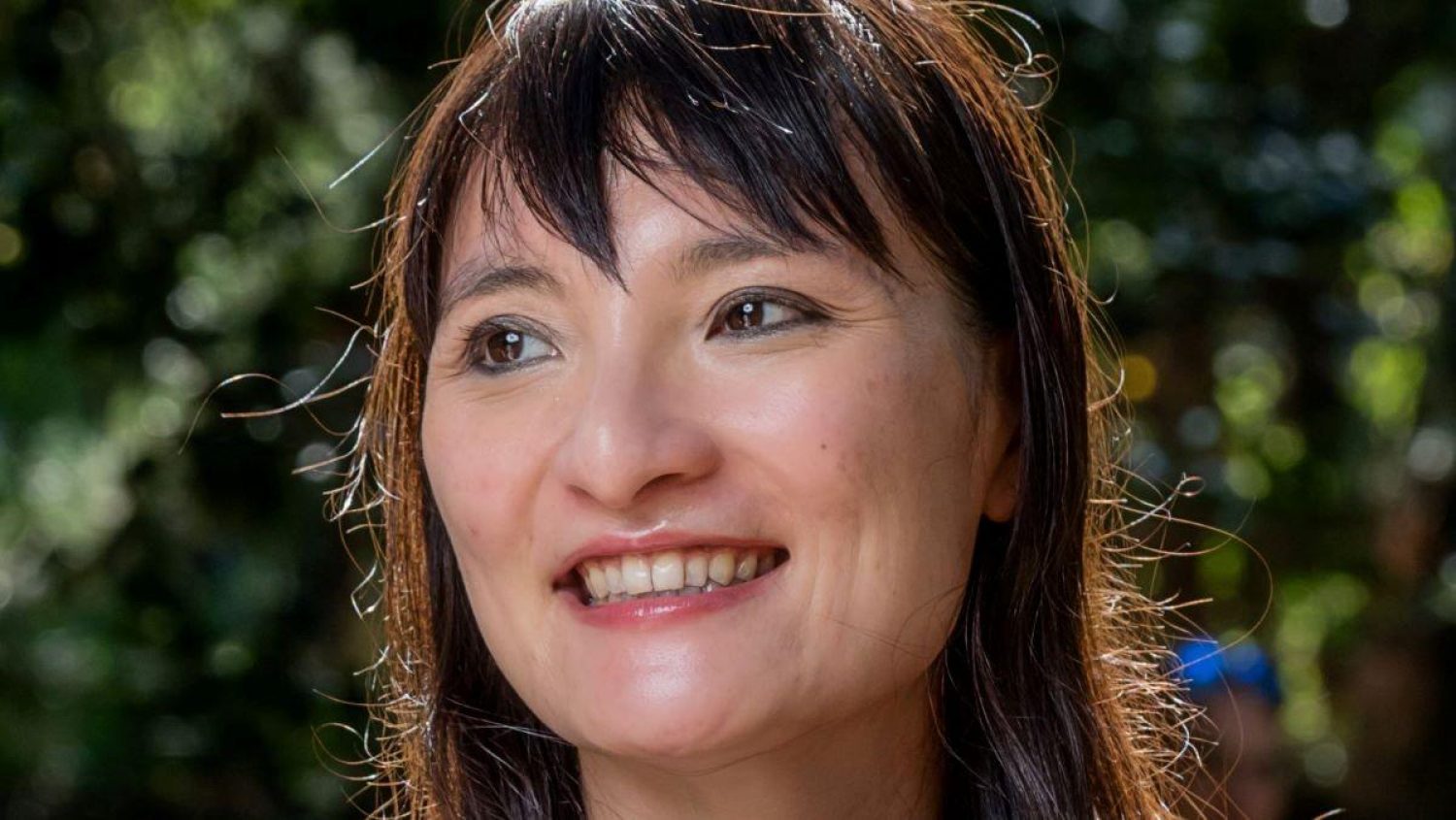Dr Lia Shimada is Senior Researcher of the Susanna Wesley Foundation (based at the University of Roehampton) and co-author of ‘Ashes to Ashes: Beliefs, trends and practices in death, dying and the afterlife in the UK’ — a far-reaching new report designed as a springboard to prompt questions and start conversations.
“People have so many questions about death, yet there are so few safe spaces to talk, to be curious, and to be held during these potentially scary conversations,” says Lia.
This report creates such a space. One of its unique features is the breadth of voices that are given space in its (nearly) 100 pages. The research is based on one-to-one interviews and focus groups including faith leaders of different religions, cemetery workers, death café participants and people from the funeral sector — including our own founder Poppy Mardall.
It was produced in collaboration with Theos, who are a public theology think tank dedicated to exploring the place of religion in society.
Building more resilient communities around death
Personal experience first led Lia into realising the opportunities and barriers that exist when talking about death, dying and the afterlife.
“My first child died in 2017,” she says. “This was my first experience of the death world. It’s shocking how many questions you have to deal with. My interest in the larger conversation came during the long aftermath of his death. My husband and I started to volunteer at Brompton cemetery where he is buried.
“As a professional facilitator, I thought it would be great if the cemetery could host Death Cafés. I worked with the community engagement officer and the Friends of the Cemetery to establish a regular programme of Death Cafes in the visitor's centre. When the pandemic began, I shifted the programme online.'
“Over the next year, I facilitated weekly death cafes, both through the cemetery and through my church, St James Piccadilly.
“It made me think — what can we do to build more resilient communities around death? Can faith communities provide space to wrestle with this, to wonder about it, to ask questions like ‘what do I believe about the afterlife and what does it mean for me?’ and ‘how do I confront death?’”
The changing shape of ritual
The report acknowledges that, while there used to be a sense that the Church of England had cornered the market in funerals, that’s not the case any more. Many more people are choosing humanist or non-religious funerals, including re-framing funerals as ‘celebrations of life’.
Yet the desire for ritual at the end of life, including ritual rooted in religious liturgy or language, is still very strong.
Lia explains, “The community marking of a person’s life emerged in the report as an important theme. Even for people who don’t believe, there is a deeply-ingrained cultural memory. For example, Psalm 23, the Lord’s Prayer and certain hymns are still very popular. But the shape of ritual is constantly evolving.
“Non-Christian faith traditions talked about seeing generational changes in funeral rituals. Newer migrant communities who feel very rooted in Britain are asking questions about how they combine their faith traditions with a sense of belonging in the UK.”
Accompanying grieving and dying people
Alongside ritual, accompaniment of people who are dying, or who are grieving, was a crucial area explored by the report.
“There are certain ways, deep within faith traditions, about how you accompany a death on a personal level,” says Lia. “But how can we create a society where that accompaniment happens on a bigger scale? Starting before we approach death. Faith communities can offer an accompanying role which leaves space for questions and for wondering.
“When I interviewed Poppy, she spoke very movingly about how, as a funeral director, you accompany a family for a certain amount of time, then when the funeral happens, your work is complete.
“The bigger question is — then what? We need to create a society which is able to step into that role in the raw moments in the weeks after the funeral. Yes, faith communities but more broadly too. After the funeral happens, you can feel like you drop off a cliff. The questions you have straight after someone dies change and shift over time.”
The report is peppered with questions to explore and ideas that merit further discussion. It ends with a set of deeply practical recommendations. Lia and her co-authors see the production of the report as only the beginning.
What will you do differently as you approach death?
“We don’t want to see the report just sitting there gathering dust, it’s part of a larger dialogue around death. The pandemic clearly had an enormous impact on these conversations. I don’t want to see that energy dissipated now.
“As the report’s co-author , I want to ask people who read the report, regardless of who they are, what one question does it prompt for you? What will you do differently as you approach death?”
Read more Talking Death blogs — Paulina Kolata explores What we learnt about death care during Covid-19 and Poppy Mardall asks What is a funeral for?
To stay in touch with all the latest news and updates from Poppy's by email, sign up here or contact us if you need help planning a funeral.
